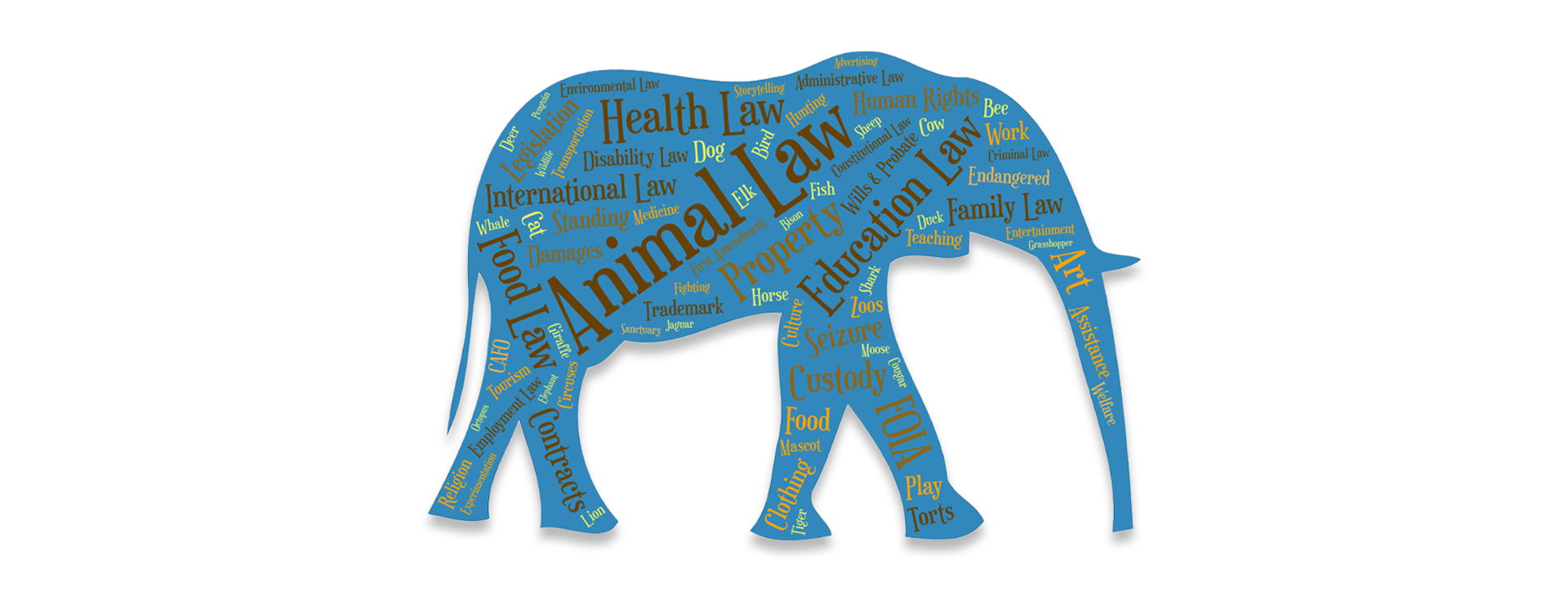For the first time, United Nations members have agreed to a unified treaty to protect biodiversity in international waters, which accounts for nearly two-thirds of the ocean. According to NPR, the historic treaty lays the foundation for global collaboration on issues facing the world’s oceans, like biodiversity loss, pollution and climate change.
If you’re looking for more context on this matter, please consider Kathy Hessler, inaugural assistant dean for animal legal education at George Washington University Law School and director of the Animal Legal Education Initiative. Hessler has been a clinical law professor for 30 years and has been teaching animal law for over two decades. Hessler can speak to the potential benefits of this treaty for aquatic animals and habitats as well as the implementation and legal regulation of the agreement.
“The U.N. treaty to protect biodiversity in the high seas is long (20 years) overdue and greatly welcome,” Hessler says. “The binding agreement establishes a framework to protect animals and habitats currently without any protection that are being ravaged through industrial use, climate change, and pollution. It will create a new body to manage conservation and establish marine protected areas in the high seas."
“This is an important advancement because the formal adoption process can take significant time and potentially undermine the direction and implementation of this work. The overwhelming support for this agreement needs to translate into swift action in the U.S., though that will be a difficult task.”
If would like to speak with Prof. Hessler, please contact GW Media Relations Specialist Cate Douglass at cdouglass gwu [dot] edu (cdouglass[at]gwu[dot]edu).
gwu [dot] edu (cdouglass[at]gwu[dot]edu).
-GW-






